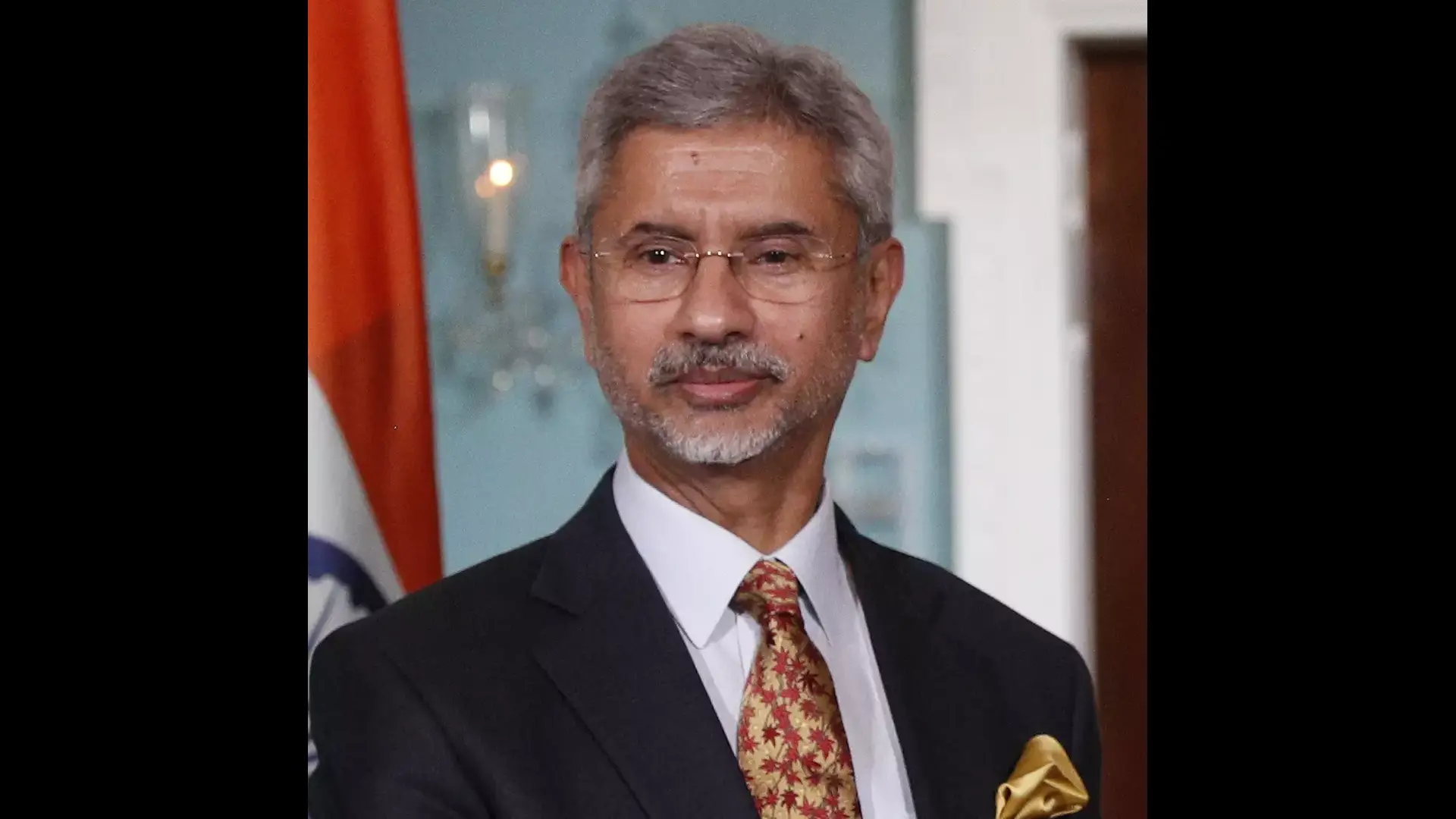INTRODUCTION
In this digital era, where everyone has access to internet and because of this everything has turned digital ranging from talking to shopping and even doing business. The gaming industry has also grown so far because of this digital revolution. This digital revolution coming specially, with the advent of internet has changed the face of gaming as well. The craze of online games is growing day by day. Online games are great source to develop early learning skills for younger children. Today’s youth are earning a satisfactory amount of money by playing only these online games. But every coin has two sides. The last two-three years have been crucial for the online gaming industry as many controversial games have entered the market of online gaming which includes online gambling and betting. Youth and kids are crazy about these online games, and some time they commit a crime or huge mistake because of these online games. There are plethora of cases which justifies that these games are showing wrong direction the youths and kids.
The regulating Indian laws only regulate gambling games and that too excluded the online ones. According to the Constitution of India “Gambling” is a state subject and because of this legislation related to this are differ from state to state. Whether the game is legal or illegal depends upon their classification. And there is no legislation and proper classification for regulation of online games which are not gambling in nature but may harm the society due to excessive play. With the surge in the number of crimes related to the online games, the question arises here is whether the laws which we are following now are enough to counter the crimes relating to the online games or not.
INDIAN LAWS AFFECTING ONLINE GAMES- The Indian cyber law under IT Act 2000 provides certain provisions which can be used to regulate online gaming industry. Section 66 of IT Act defines computer related crimes which are punishable upto three years of punishment and upto five lakh fine. Section 67, 67A, 67B can be used to regulate games involving any obscene content. Section 69 of the Information Technology Act, said that government to issue directions for interception, monitoring and decrypting of any information of any computer source under certain circumstances which include sovereignty and integrity of the country. Under section 69A, “the government can issue directions for blocking for public access any information through any computer source”. Section 79 of the IT act provides that cases in which intermediaries would have a liability and cases in which they won’t.
As gambling is a state subject, the gaming laws of the country particularly with reference to gambling related to games is regulated by State legislations apart from the Public Gaming Act. The laws are differs from state to state related to matter but most of them differentiate between game of skill and games of chance. In Assam, Assam Game and Betting Act, 1970 does not distinguish between ‘game of skill’ and ‘game of chance’ and prohibits all form of betting and wagering on any sports or games. Sikkim enacted the Online Gaming Regulation Act 2008, which passed on 28th June 2008 by Sikkim Legislative Assembly with the aim to controlling and regulating electronic and non-electronic ways in online gaming industry and imposes tax on online games within its territory. Nagaland assembly also implemented the Nagaland Prohibition of gaming and promotion and regulation of online game of skill Act, 2016. This act provides for regulation and promotion of game of skills by given the licenses to the person or the company or limited liability under this act. Online games are also regulated under many laws like- cyber law, tax law, anti-money laundering laws and foreign exchange laws that are affect gambling. FDI policy of the country prohibits FDI in lotteries and gambling.
INTERNATIONAL REGULATIONS AND FOREIGN COUNTRIES ON ONLINE GAMES- International Association of Gaming Regulation (IAGR) is functioning towards regulating gaming world on international level. IAGR has annual conferences in which speakers from all over the world speak regarding the issue. Another body on the online gaming is International Masters of Gaming Law which is non-profit organization at international level having 340 members globally. Other International Symposiums regarding the issue which include the Internet Gaming Regulation Symposium by UNLV Boyd School of Law in Las Vegas and Singapore Symposium on Gambling Regulation 2019.
In many other countries there is a strict prohibition on online gambling like- Poland, North Korea, UAE, Singapore. Apart from this in many countries like UK online gambling is legal but requires a license while in the US laws differs from state to state. In Russia, online games are illegal but the players are not prosecuted. France has a peculiar situation as online gambling is illegal there but betting on sports is legal and requires license.
ROLE OF JUDICIARY TO REGULATE ONLINE GAMES- The main problem to regulate online games is related to ‘gambling related games’, because there is a law in place of regulation of gambling related games which is Public Gambling Act, 1867 but there is no law specially, for online gambling related games. The Gujarat High Court attended to PIL on 29 September 2020, requesting to restrain to online Rummy in the state. The court acknowledged that there is indeed a need for a proper legal framework to regulate and prohibit gambling activities online which are not covered by the 1867 law. The honorable court passed an order to the Gujarat Government to pay attention on the issue and take important steps to solve the issue. The honorable court cited the recent amendments put in the place by the state of Telangana to regulate online games. The court asked to the government to check if the online games has been involve in money laundering or violating the foreign exchange laws or not. After Telangana, Andhra Pradesh banned all forms of gaming and betting online and directed all internet providers to restrict access to over 130 apps and websites. Tamil Nadu also banned all forms of online games after the increase of online cheating and suicide cases in the state but recently on 4 August 2021, the Madras High Court scraps law banning online game by saying that the Rummy was a game of skill not a game of chance.
ONLINE GAMES AND PANDEMIC- This pandemic has led to an unprecedented situation. Since pandemic outbreak our lives have radically changed, with serious consequences in terms of health, economy, and psychosocial perspectives. The online game industry has been faring relatively well even amidst the pandemic disruption as more and more people look ways to pass their time safely at home, with online gaming quickly becoming an industry standard. Use of online games and internet are frequently employed as putative coping strategies to reduce the adverse affect of prolonged isolation. However, excessive and uncontrollable online games may lead to serious psychological functions. Increase in audience engagement in the online games has highlighted the risk of online games, as corona virus scammers seek to exploit the situation because many of the online games involve in game currency, purchasing in game outfits etc they offer a target to fraudsters. Youngsters are not much aware about the scams or risk relating to the online games and therefore, are more susceptible to them.
CONCLUSION- In our country there is lack of laws to regulate online games. While different provisions from different laws can be used to regulate to online gaming industry. As the absence of the law solely dedicated to online games come across as a gap that needs to be filled. As we can see the incident related to online games is increasing day by day, few days ago a student of class six committed suicide because he lost sixty thousand in online game. All these incidents raised for ‘Online Gaming Law’ and a study of the type of online games which need regulation, why they need regulation as well how they regulated and laws and precedents in place for their regulation.
With the Government of India and other authorities of the country focusing upon Digital India, digitization, e-governance and Data Protection Bill making intermediaries and social media sites liable for rake news being prepared for deliberation before the parliament, a dedicated legislation regulating ‘online gaming’ does not seem like a distant reality.







